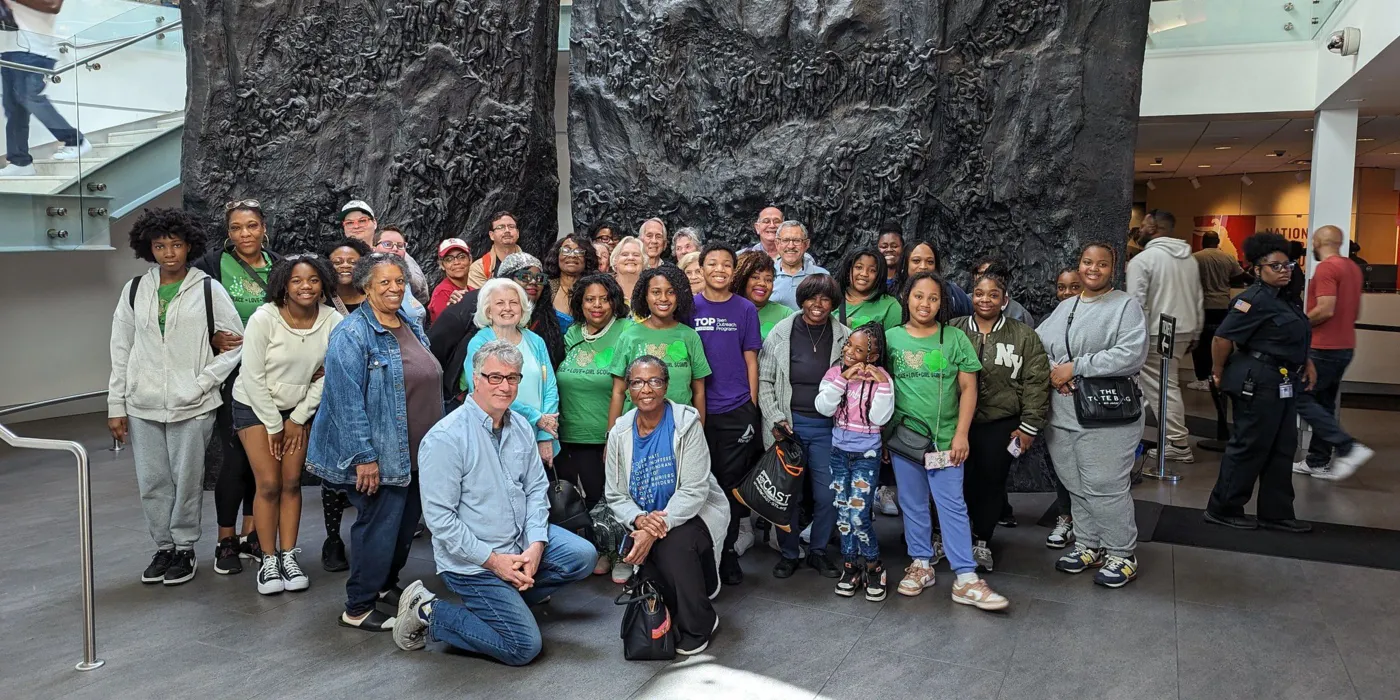November 29: Recent Resolutions from General Convention on Indigenous Subjects
A great starting place for the attest information about the Episcopal Church’s engagement with Native people is the Office for Indigenous Ministries, whose Missioner is the Rev. Dr. Bradley Hauff, who is an enrolled member of the Oglala Sioux Tribe of Pine Ridge, South Dakota. On that page you will find a variety of presentations and news articles on various topics of interest.
The Episcopal Church’s expanding engagement and advocacy for Native issues is a growing development over the last several years. One ongoing area of education and advocacy regards the historical attempts at the mandated assimilation of Native children through our support of boarding schools in the 19th and 20th centuries, which often led to abuse, illness, and death. At least eight of these schools have been verified to have affiliations of some kind with the Episcopal Church. Episcopal leadership is also committed to engaging with Indigenous people regarding initiatives in creation care and environmental justice, as well as anti-racism work. Resolutions passed at the 80th General Convention this summer in Baltimore that address Indigenous issues include A127, seeking truth-telling about the boarding school era; A140 supporting the creation of Indigenous Peoples’ Day; A141 supporting the creation of liturgical materials for Indigenous people; D080 to provide for the members of the Diocese of Navajoland to elect their own bishops; and D081 highlighting the ongoing crisis of missing and murdered Native women and women of color; not to mention the election of the first woman of Native ancestry, the Rev. Rachel Taber-Hamilton, as vice president of the House of Deputies.
If you would like to schedule a presentation on topics of Indigenous engagement, please contact The Rev. Leslie Scoopmire, rector of St. Martin’s Church in Ellisville and Missioner for Indigenous Engagement for the Diocese.
November 30: General Books and Websites
The honoring of Indigenous Peoples, their wisdom, and cultures, cannot be and should not be contained to a single month. Here is just a sampling of resources where you can explore a deeper knowledge of and appreciation for Native subjects and cultures:
Robin Wall Kimmerer, Braiding Sweetgrass: Indigenous Wisdom, Scientific Knowledge, and the Teachings of Plants (Minneapolis: Milkweed Editions, 2013.
Carl H. and Eleanor Chapman, Indians and Archaeology of Missouri, Revised Edition (Missouri Heritage Readers Series). Columbia, MO: University of Missouri Press, 1983).
Joan Gilbert, The Trail of Tears Across Missouri (Missouri Heritage Readers Series). Columbia, MO: University of Missouri Press, Columbia, MO: University of Missouri Press,1996.
Kristie C. Wolferman, The Osage in Missouri (Missouri Heritage Readers Series). Columbia, MO: University of Missouri Press, 1997.
Michael Dickey, People of the River’s Mouth: In Search of the Missouria Indians (Missouri Heritage Readers Series). Columbia, MO: University of Missouri Press, 2011.
R. David Edmunds, ed., Enduring Nations: Native Americans in the Midwest. Urbana: University of Illinois Press, 2008.
Ward Churchill, Kill the Indian, Save the Man: The Genocidal Impact of American Indian Residential Schools. San Francisco: City Lights Nooks, 2004.
Timothy R. Pauketat, Cahokia: Ancient America’s Great City on the Mississippi (Penguin Library of American Indian History). New York: Penguin Group, 2009.
Angie Debo, And Still the Waters Run: the Betrayal of the Five Civilized Tribes. Norman: University of Oklahoma Press, 1984.
Owanah Anderson, Jamestown Commitment: The Episcopal Church and the American Indian. Cincinnati: Forward Movement Publications, 1988.
Owanah Anderson, 400 Years: Anglican/Episcopal Mission Among American Indians. Cincinnati: Forward Movement Publications, 1997,
Heid E. Erdrich, New Poets of Native Nations. Minneapolis: Greywolf Press, 2018.
